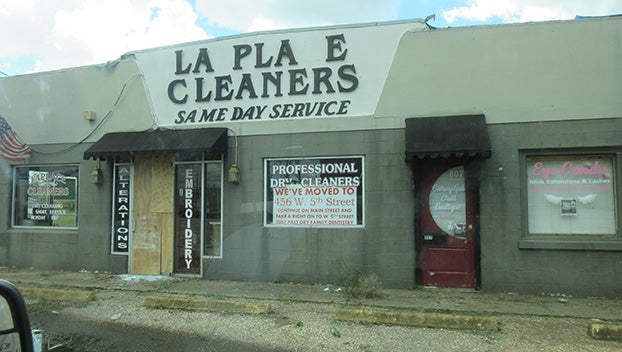Department of Insurance commissioner shares tips on cleaning up after a storm
Published 12:02 pm Wednesday, September 1, 2021
|
Getting your Trinity Audio player ready...
|
BATON ROUGE — After calling your agent or insurance company there are certain things you can do to clean up your property without causing problems with your claim. Department of Insurance Commissioner Jim Donelon offered the following tips:
- Before you enter your home, check to make sure the structure is not in danger of collapsing.
- Make sure the electricity is turned off at the main switch, and do not attempt to turn on any electrical lights or appliances until an electrician has checked your system.
- Open windows and doors to help dry out the house, let the air circulate to remove foul odors and help protect you from any leaking gas. Do not light any type of open flame because you could cause an explosion.
- Take pictures or video of the damage that occurred both inside and outside your home before you begin to clean up.
- Once inside your home, be on the lookout for animals – especially snakes. Such animals may have found shelter in your home. Be careful walking around. After flooding, steps and floors may be slippery with mud and covered with debris such as nails and broken glass.
- It is a good idea to hose down hard goods such as major appliances, even if they are destroyed. But do not throw the damaged hard goods away because the adjuster will need to see them. The adjuster can help you decide what should be thrown away and what should be kept.
- It is best to throw out perishable foods as they may be contaminated. If your homeowners policy covers perishable foods, keep an itemized list of the things you throw out. Until local authorities proclaim your water supply safe, boil water for drinking and food preparation for five minutes before using.
- If possible, make temporary repairs to your property to prevent further losses from the elements and to secure your property. This would include boarding up windows, placing plastic over holes in the roof and drying out wet carpets and furniture. Keep receipts for materials used and keep a record of the repairs you make for the adjuster. Do not make permanent repairs until you are authorized to do so by the adjuster.
- When making repairs, beware of “fly-by-night” contractors. Get more than one bid, and hire a local reputable contractor to do the repairs. Do not pay for repairs until the job is done.






